
About This Quiz
Aussies are known for our cheeky banter and laidback attitudes, which also shows in our colourful and often abbreviated language choices. On top of this, we often speak quickly and pronounce things very differently to other English speakers. Some slang may be regional and vary from state to state, while some are universally understood by all Australians.Â
Slang comes up every single day in Australia, from social to even some professional settings. After all, Australians are pretty casual people, and some office banter is definitely common! This means you've gotta get a solid grasp on Australian slang to make friends, crack jokes and also avoid any potentially awkward situations. Speaking too formally will just make you seem like a right prude!
And of course, you'll already know that a lot of the Australian slang mentioned in pop culture is simply not how the average Aussie speaks. 'Crikey' isn't as common of an expression as some people might think, and we don't put shrimps on the barbie (they're called prawns over here!)Â And how many people really say G'day or call women sheilas?
So if you're a true blue Aussie looking to flex your slang skills, this quiz is perfect for you.Â

Being knackered means you're exhausted! It's a casual term that can be used in a variety of settings. Aussies also like to say they're stuffed when they're tired (although this can also mean they are feeling very full).

Cozzies refer to a swimming costume, with the term mostly being used in New South Wales. Other states refer to this as bathers, swimmers or even togs. These terms are used more frequently for women's swimming costumes.

Hard yakka refers to hard work and is also the name of a workwear brand in Australia. It's more of a casual term, typically used among friends or workmates. The term is also used by our Kiwi neighbours.
Advertisement
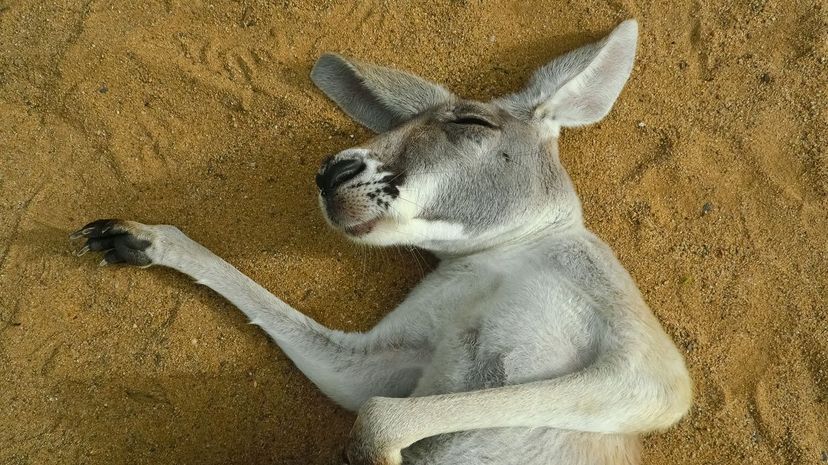
Often used in reference to dole bludgers, a bludger is someone who doesn't carry their own weight and is lazy. We've all known a hanger-on or two, haven't we?
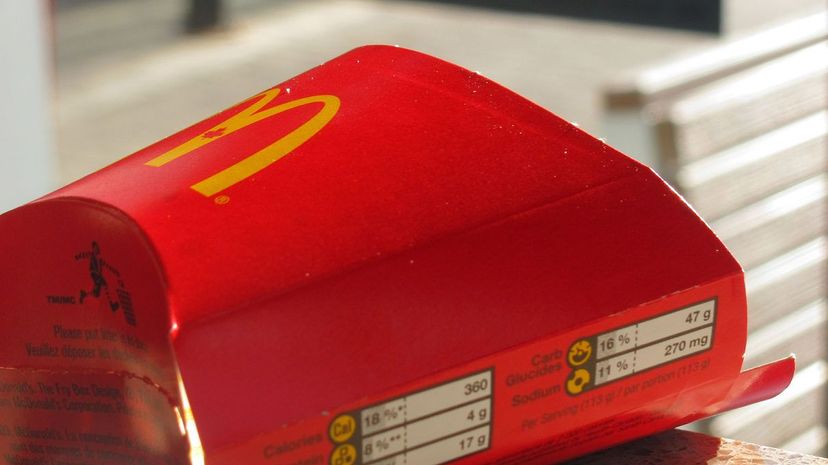
Australians are known for abbreviating everything, and Macca's certainly is no exception! You'll also hear Aussies say they're going on a Macca's run, which means visiting McDonald's, usually through the drive thru.
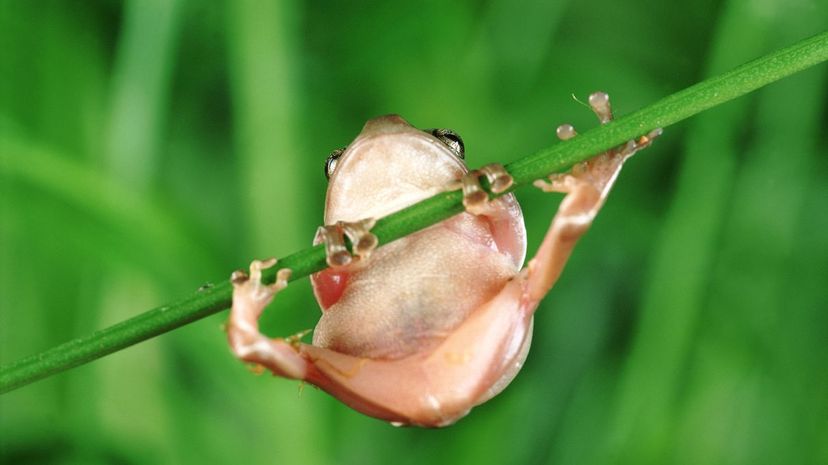
'Bogan' is a term to describe an uncultured, lower-class person. Bear in mind that this can be a friendly, joking term, or an offensive one depending on the context, so use with care!
Advertisement

When something is full or very busy, Australians say it's chockers. For example, the shopping centre at Christmas time tends to be completely chockers! Aussies might also say a place or event was chock-a-block.

If someone says "bloody oath" to you, it means they agree with you strongly. This term can be used lightheartedly even when discussing something serious but should not be used in a professional setting.

Proudly donned by former Australian PM Tony Abbott, budgie smugglers are a tight Speedo or swimming bottom for men. They have become a bit of a joke, being known as an untrendy item to wear.
Advertisement

Hoons are known to race each other in suburban Australia or do burnouts, doughnuts and other similar manoeuvres. You might also hear these dangerous drivers referred to as 'hoonigans.'

Larrikin is an affectionate term for a boisterous, cheeky male. The term can be used in casual settings, referring to someone who has a disregard for political or social conventions but is still liked by all.

'She'll be right' is a casual way of saying everything will be okay, or expressing your lack of concern about something. It can be used dismissively if someone is being overly anxious about a particular event.
Advertisement
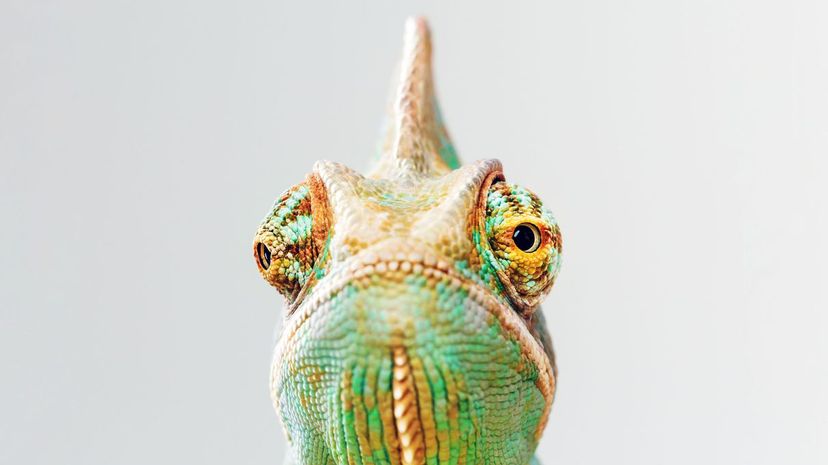
A sook is someone who is whinging or sulking in a childish manner. If someone ever calls you a sook, it might be a sign that you need to reflect on your attitude! The term is also used in New Zealand and parts of Canada.

We told you Aussies love shortening everything! Ta simply means thank you. You might also hear Aussies say 'cheers', 'you legend' or 'you beauty' as other ways of expressing thanks.

Aussies love to shorten the names of occupations too. Carpenters are chippies, bricklayers are brickies, garbage collectors are garbos and of course, electricians are known as sparkies.
Advertisement

To bail on something means to cancel plans. People hate it when you bail, so try to avoid this shady move whenever you can! Someone who bails often is also referred to as a flake in Australia.
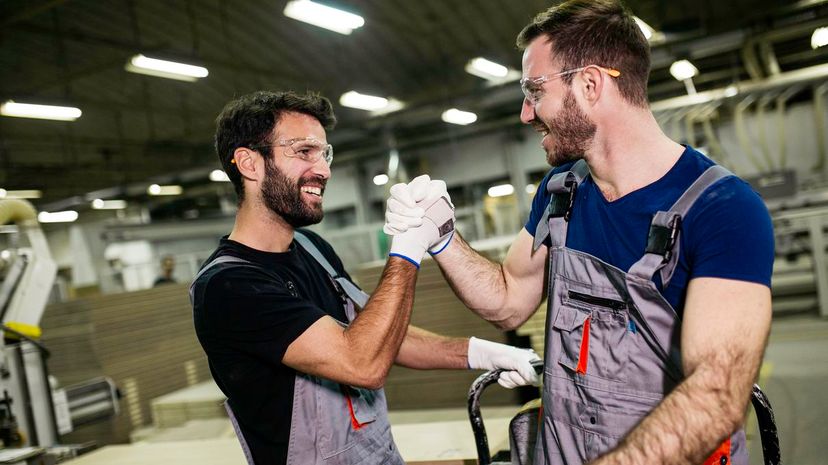
Cobber is a casual term for a good friend. The term is typically used between men. It can also be used to address a stranger in a friendly way, but is used less frequently than the classic 'mate.'

Popularised on a global scale by wildlife warrior Steve Irwin, crikey is an exclamation of surprise or shock. It's not widely used these days, perhaps as a joke or among working class men.
Advertisement

Dunny is a casual term for the toilet. While dunnies are typically found in the toilet or bathroom, they can sometimes be outside in the form of an outhouse too. Aussies also refer to toilets as 'loos.'
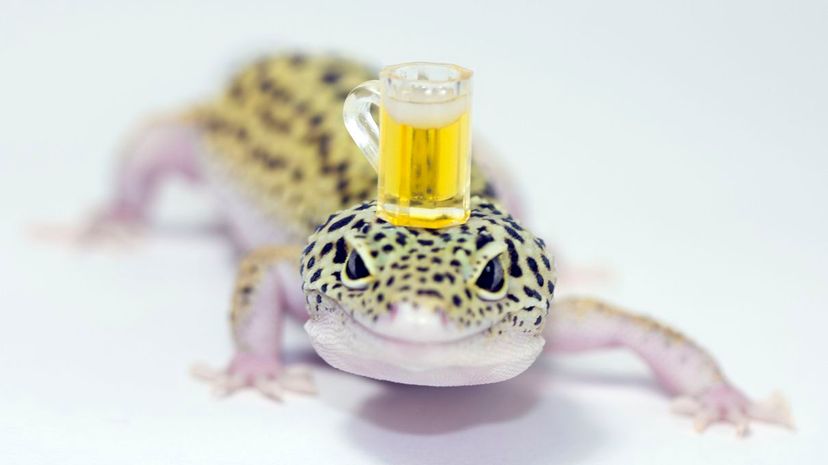
Aussies might complain about feeling flat out like a lizard drinking, meaning they're extremely busy and tired. This can also be shortened to simply being 'flat out,' which is a term heard much more commonly.

Galahs are known for being a bit dim-witted, so it's certainly not a compliment to call someone a galah. The term can definitely be used jokingly or affectionately, however, with Aussies loving a bit of banter.
Advertisement
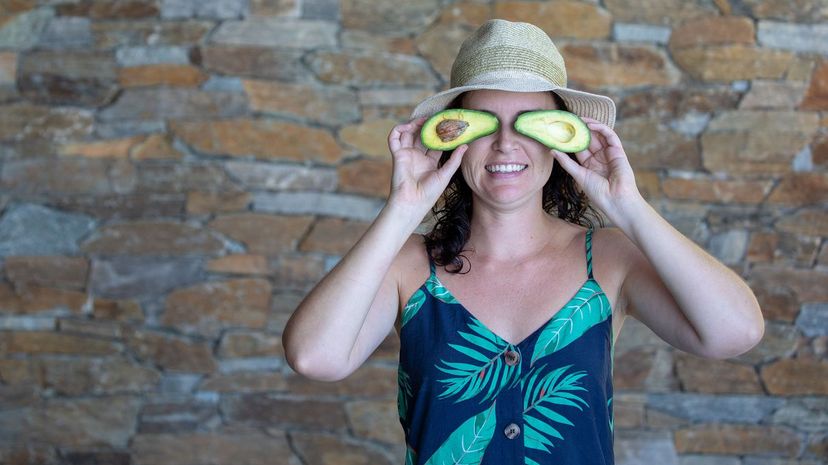
The Sunshine State (Queensland) is known for its production of bananas, representing 90% of all bananas grown in the country. The term is an affectionate, cheeky one but doesn't come up much in day to day conversation.
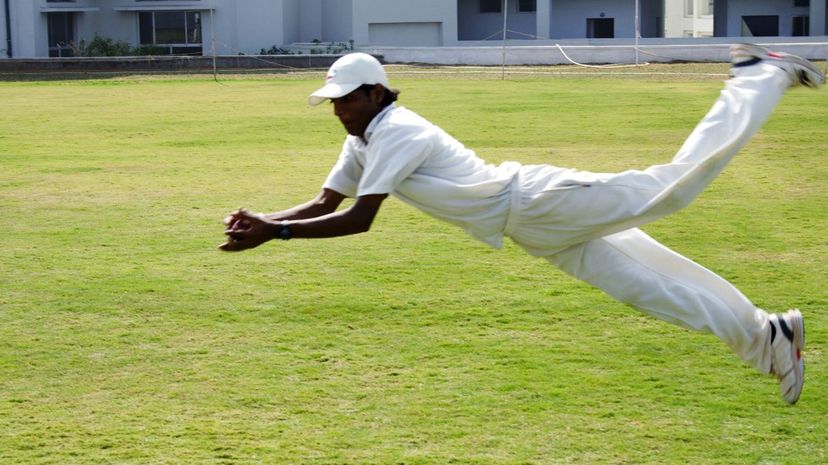
Commonly used when referring to trackie dacks (track pants), these bottoms are a popular choice in winter. Whether worn as a complete tracksuit or just with a singlet, daks are an Aussie clothing staple.
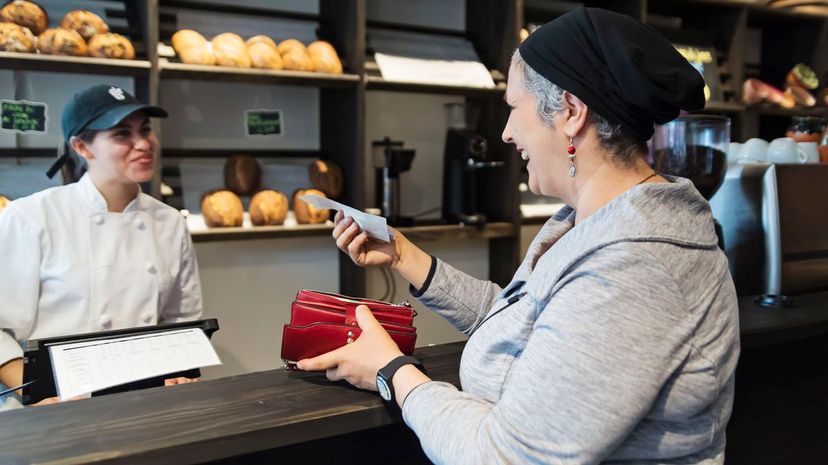
Historically prepared by swagmen, drovers and other travellers, damper is an iconic Australian bread. The dish is mentioned in the classic ballid Waltzing Matilda, although you'll be hard-pressed to come across it in this day and age.
Advertisement
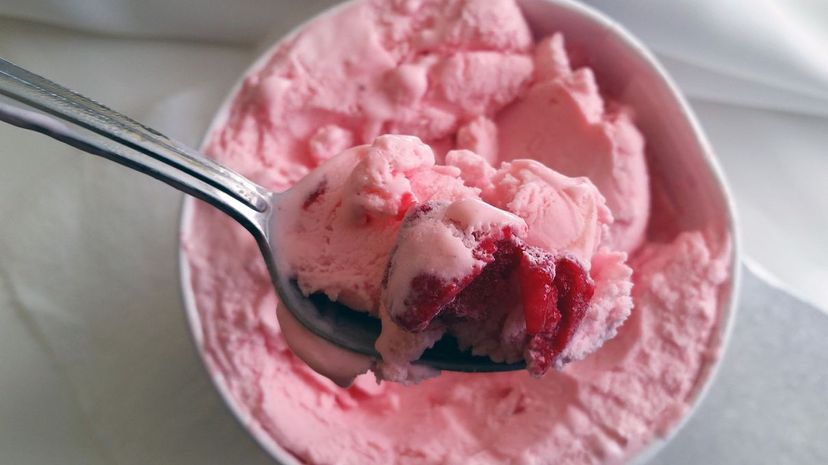
In Victoria, convenience stores are referred to as milk bars. Elsewhere in the country, they're known as corner stores or corner shops. The Americanism 'convenience store' is also becoming more common.

Chucking a uey is a casual expression for performing a U-turn and is jokingly known as an ancient Australian proverb. This is especially easy in the capital city Canberra, which is known for its abundance of roundabouts!
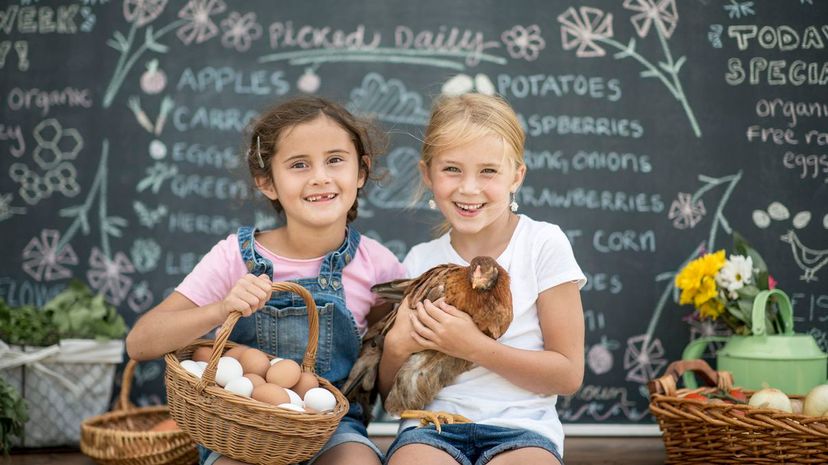
Tucker is a general term for food, with some school canteens being called tuckshops. Bush tucker is also coming back into vogue, which refers to traditional Indigenous delicacies. Tuck in!
Advertisement

The term 'durry' usually refers to a roll-your-own cigarette. You might also hear people refer to it as a cig or a smoke, which may be consumed on your smoko (a smoke break) at work.

The Sydney Harbour Bridge is affectionately referred to as the Coathanger due to its appearance. Built in 1932, the bridge is now a popular tourist attraction that can even be summited.

You can call both a live chicken and a roast chicken a chook. In addition to Australia, New Zealanders also refer to chickens as chooks. In some places, you might also hear the term chookie.
Advertisement
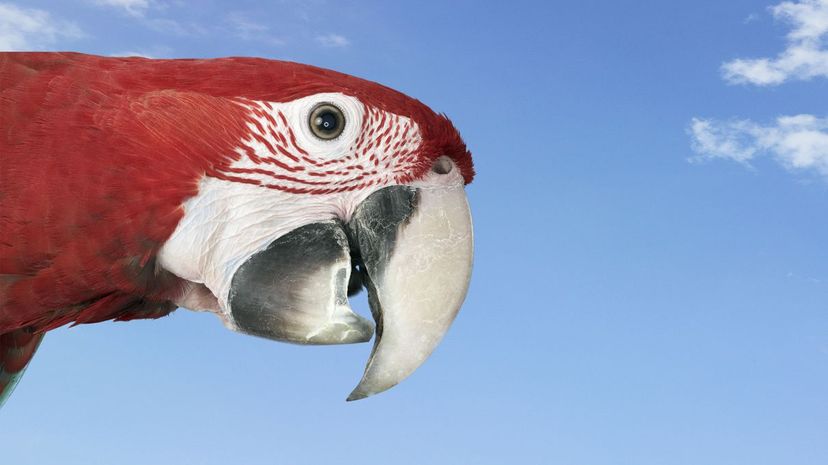
To have a stickybeak or to be a stickybeak means to be nosy and prying. It's not a flattering term at all, so you've gotta be careful how you use it and hope no one ever says it about you!

Unfortunately, a bingle doesn't refer to meeting Aussie model Lara Bingle. The term actually refers to a minor car accident. With Aussies loving a bit of tongue in cheek comedy, it's no surprise that we have a car insurance company called Bingle!

Rhyming slang is adored by Australians, with this being one of the most common examples: "I'm all on my Pat Malone". This derives from a ballad about an ill-fated Irishman called Pat Malone.
Advertisement

Former Australian Prime Minister Harold Hold went missing while swimming. With Aussies loving a bit of irreverence, doing a Harold Holt has come to mean leaving somewhere unexpectedly.

Referred to in the song "Down Under" by Men at Work, to chunder means to vomit. The term originates from the seafaring days when sailors would have to chunder out of the ship's porthole.